From Compton Verney to Countryfile, we're all celebrating #naturewords
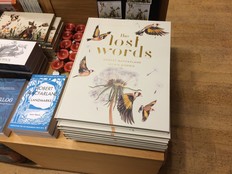
Jackie Morris’s paintings for The Lost Words, her stunning joint venture with writer Robert Macfarlane, are presented alongside Macfarlane’s acrostic word-spells, as he calls them, each celebrating one of twenty names for everyday wild animals and plants. The story of these lost words has been told on this blog over the last three years.
| Accompanying the exhibition are small, telling touches including Morris’s sketchbooks and Macfarlane’s scribbled early drafts, along with collections of books from their own libraries. Visitors are able to thumb through copies of some of the works of other authors that have inspired them, from Nan Shepherd to Roger Deakin to Sara Maitland. We arrived at dusk for a private view, but will have to return in daylight, enticed by a sign (pictured, right) advertising two ‘Spell Walks’ set in the 120 acres of Capability Brown parkland surrounding the house and offering a journey of words, wildlife and discovery. Created by Christopher Jelley they complement The Lost Words in at least one crucial way – putting technology to use for the enjoyment of the real world, rather than pitting one against the other. |
Countryfile’s edition from Cornwall will be broadcast on 22 October, BBC1 at 18:15, featuring poet Chrissie Gittins's celebration of nature words, and available on iPlayer afterwards. Her Adder, Bluebell, Lobster is published by Otter-Barry Books
The Lost Words was published by Hamish Hamilton on 5 October.
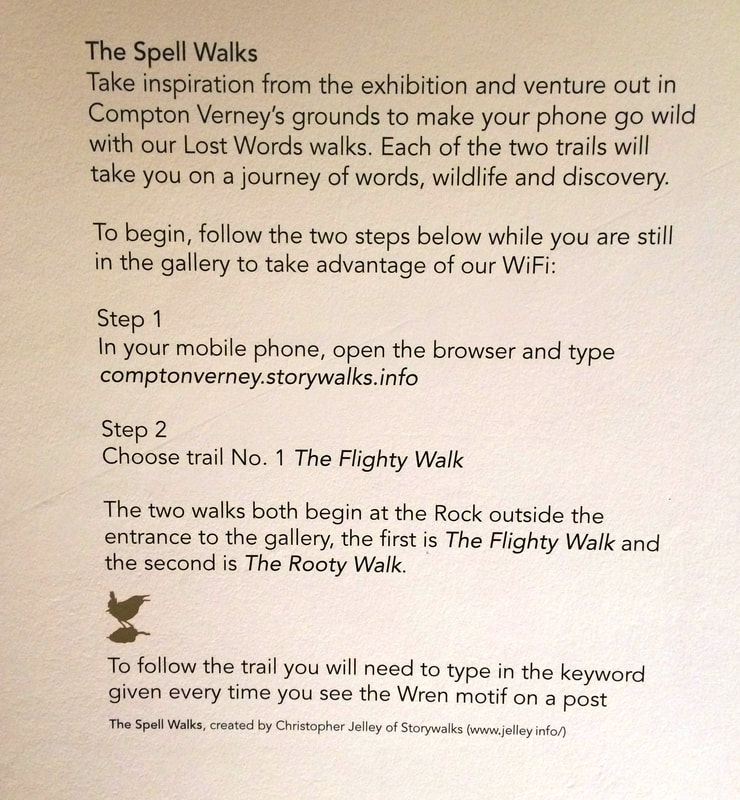
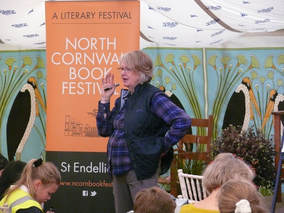
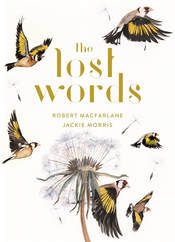
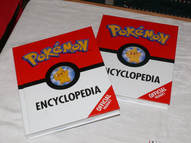
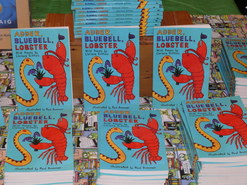
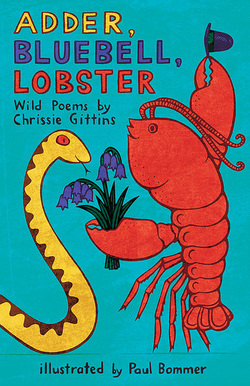
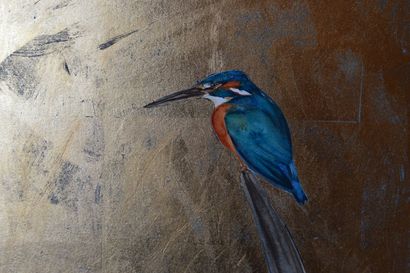
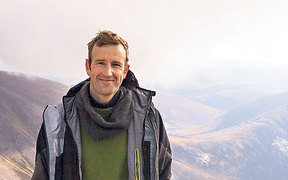
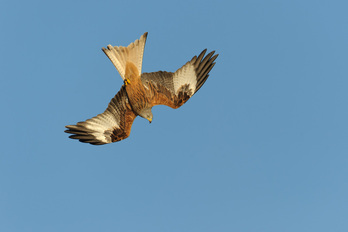
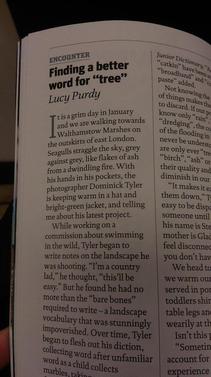
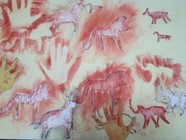
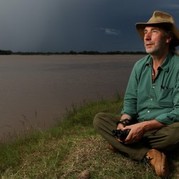
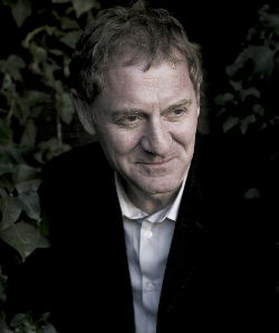
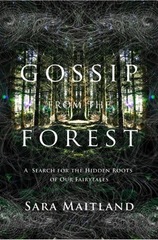
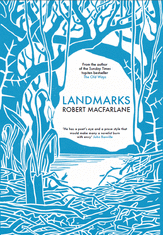
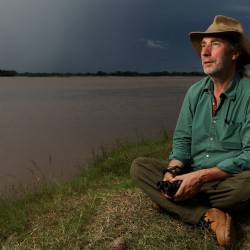
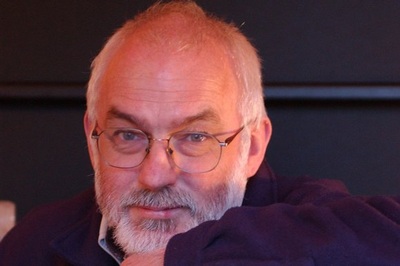
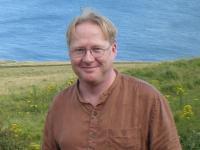
 RSS Feed
RSS Feed
